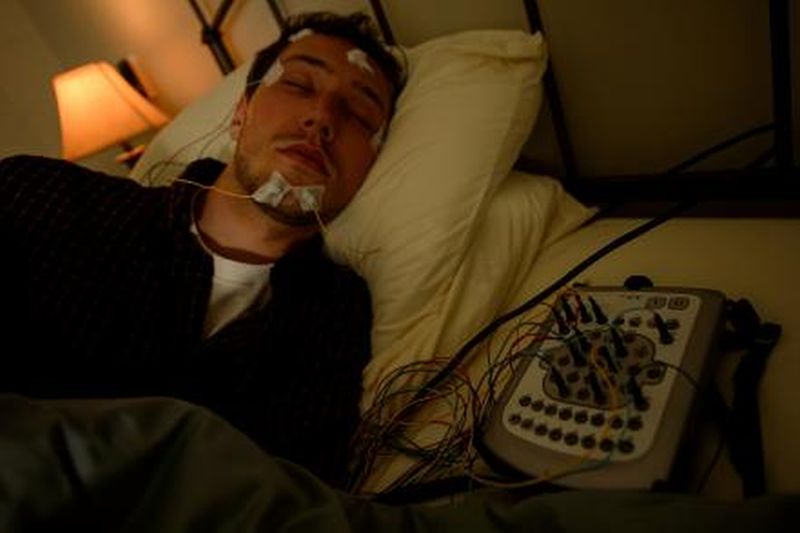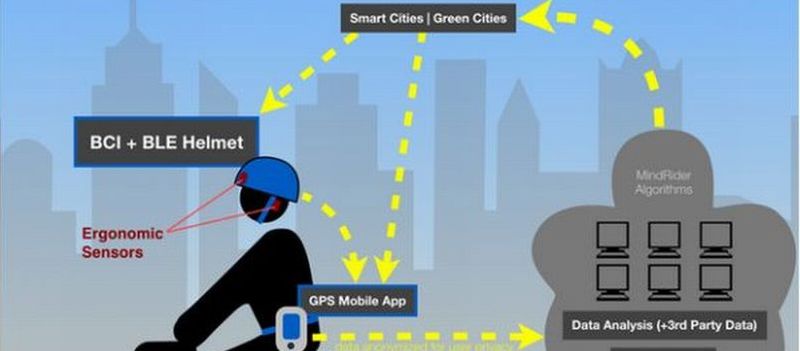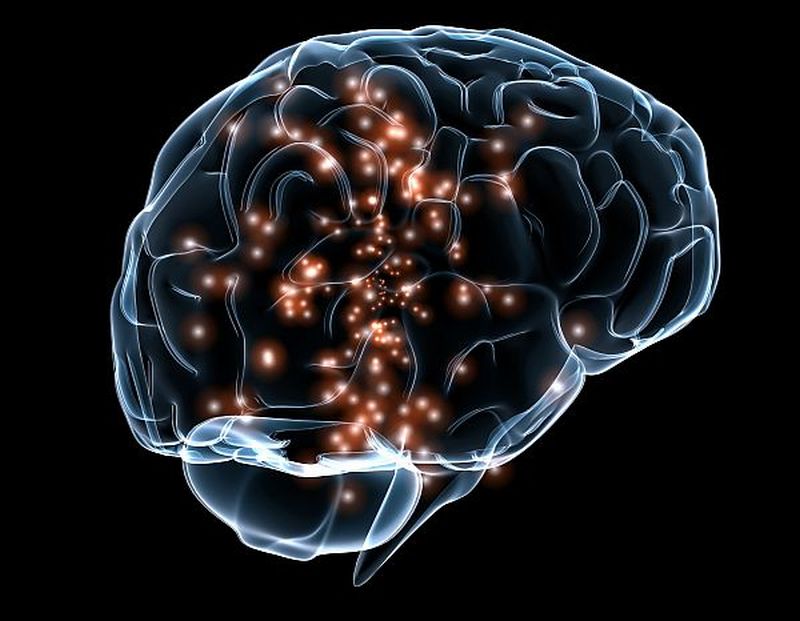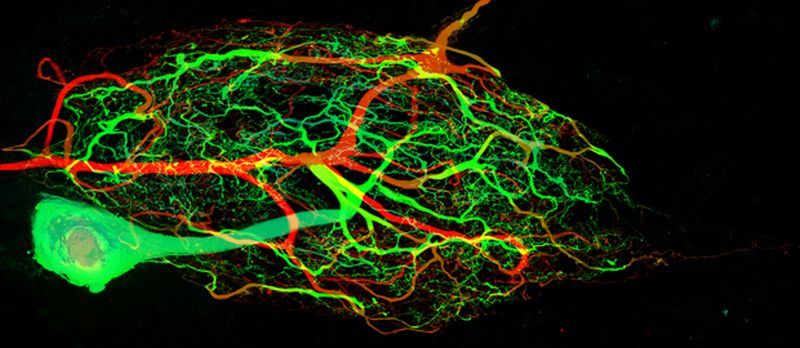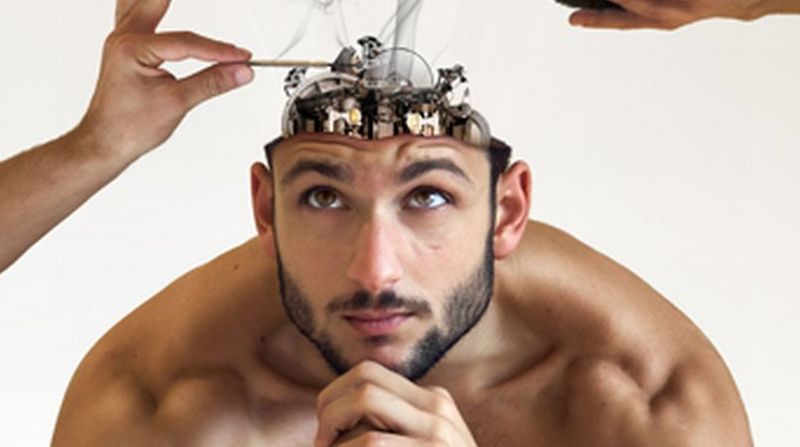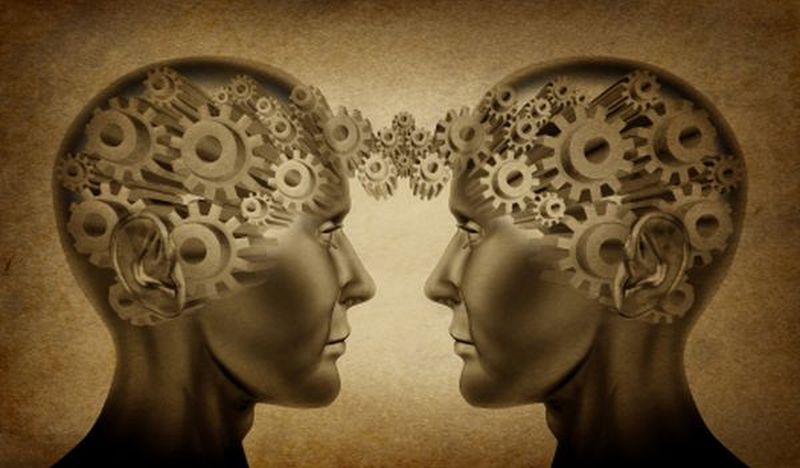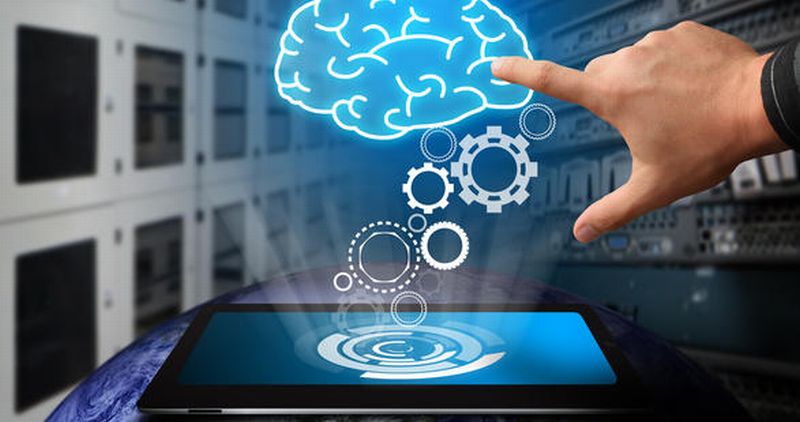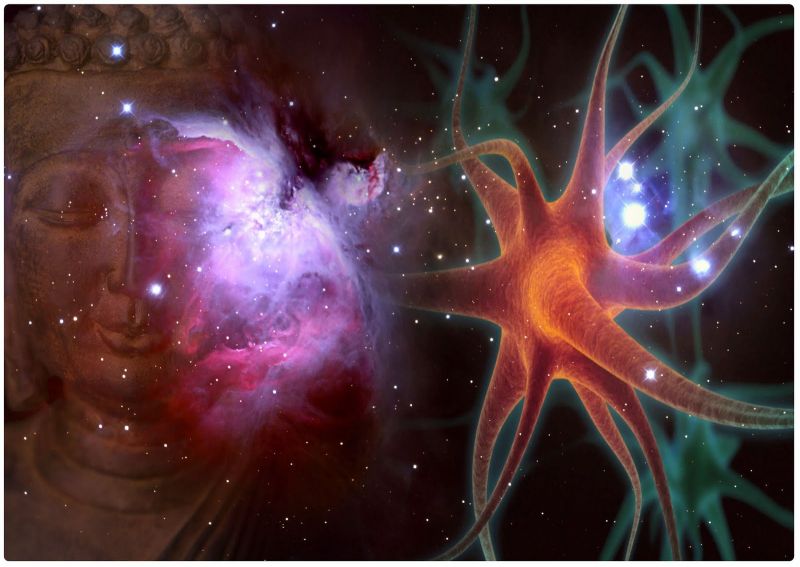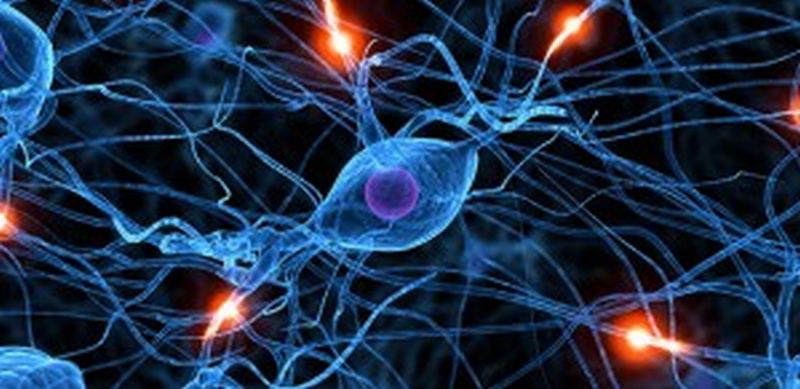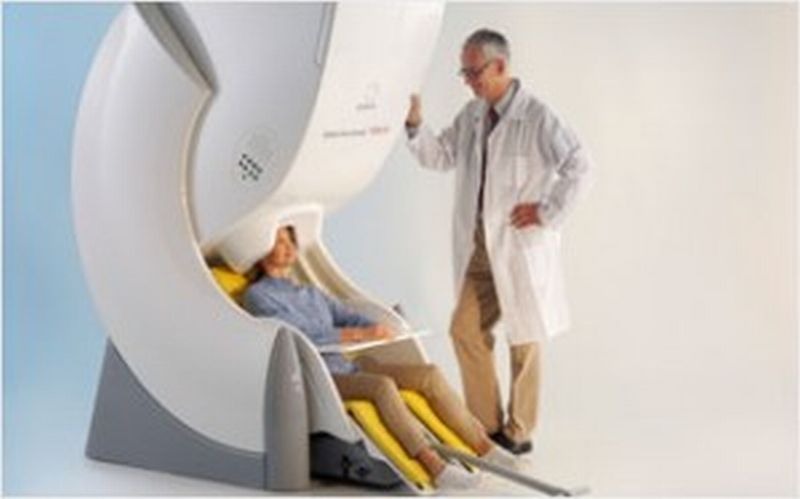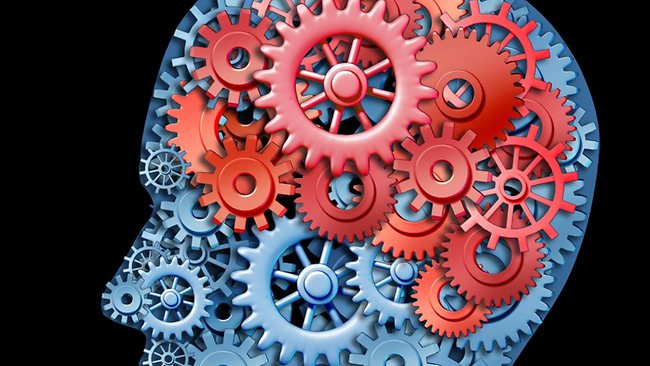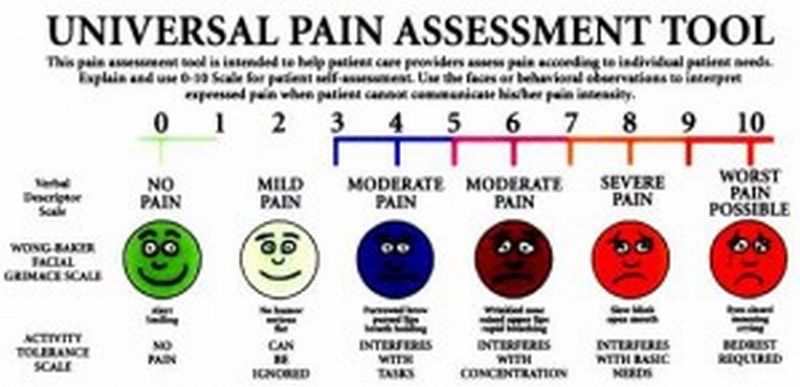Experts at Yale School of Medicine have identified a control switch of glucose within brain that has a direct linkage with both type 1 and type 2 diabetes. Ventromedial nucleus (VMN, or ventromedial hypothalamus, VMH) is a nucleus of the hypothalamus that contains an enzyme called the prolyl endopeptidase. This enzyme initiates a chain of steps that assist in controlling the levels of glucose in blood stream. Researchers envision that this finding would help them in leading towards new treatments for diabetes.
Read MoreTag: neuroscience
Sleep Deprivation leads to Memory Errors: Getting Brainwashed
We already know the importance of a good night’s sleep. Taking around 8 hours of sound sleep is considered essential for the body, as it is the time when the brain gets rid of its toxins. But in today’s fast paced life, people often have to give up on their sleep to catch up with other work. This lack of sleep has been already reported as a public health epidemic by the Centers for Disease Control and Prevention.
Read MoreMindRider: Brain Monitoring Systems for Mapping Mental Experience
Researchers at the MIT Media Lab are working towards creating a novel helmet system that would reflect bike rider’s mind in the real time. It will be able to mind map rider’s engagement level from relaxed state to focused level while navigating through the routes. Mapping Mental Experience Sensors are embedded within the foam of the helmet that would act as a bridge between the brain waves and translating those ripples into the display of level of engagement. The technique is based on EEG (electroencephalography) where the embedded sensors act…
Read MoreNeuroprosthetic Devices on Deep Brain Simulation Technology: Implants to Restore Memories
A new initiative by the US military program focuses around treating defense personals from the after effects of being into war. In majority of cases, soldiers who come back from battle zones develop adjustment problems or psychiatric disorders to be more specific. For instance, combatants were diagnosed with “shell shock” during the era of WW I, “battle fatigue” during WW II and in Vietnam War, it was PTSD, post-traumatic stress disorder. Backed up by President Obama’s brain initiative, DARPA has received a funding of $70 million from the US to…
Read MoreLearning Process helps Survival of New Neurons: Using Brain at Optimal Levels
In an interesting study in the field of neuroscience, researchers have postulated that learning during the early ages of life helps in the survival of brain cells. Early learning also influence the functioning of brain cells after puberty claimed the same team. An experiment on rats demonstrated that brain cells that were exposed to learning survived with respect to the brain cells in animals that were not allowed to master a particular task. In addition, it was observed that the latter set of animals died quickly too.
Read MoreInternal Monitoring System Responsible for Neural Self-Regulation: The Most Complex Machinery
Parts of any machinery can be replaced, modified or tampered with only when the machine is in an off mode. It is nearly impossible to fiddle around with any operational part while it’s functioning. However, the same principle does not apply for our biological process, especially when we are talking about a nerve cell. This continuous rebuilding without affecting the overall operations has always been neuroscience’s biggest questions. Many theories have been put forward but none of them has ever reached any concrete census. Lately, Eve Marder, the Victor and…
Read MoreStimulating Neurons can modify Human Learning: Curbing the Addictive Behaviors
Neuroscientists at the University of Pennsylvania have put forth a research as per which excitation of a set of dopamine-sodden neurons within the brain has substantial chances of altering the learning process. These neurons are present in substantia nigra, the grey matter in the midbrain. Stimulating this patch of the brain has resulted in altered learning by swaying people to reiterate physical actions leading to positive reinforcement producing immediate reward. For the experiment, eleven individuals who were going through deep brain stimulation (DBS) treatment for Parkinson’s disease were taken into…
Read MorePredictive Power of Brain: Similar Activity Patterns are Exhibited amid Speakers and Listeners
At times, won’t we experience that while conversing with someone, the other person just say what were thinking or were about to spill out the same topic. And then we mutter, “what a coincidence” or as I say, “great minds thing alike” 🙂 well, this actually is not the case, neuroscientists have discovered new findings about the role of the brain during a communication. They say that people often predict what the speaker is about to say, because the brain activity of the listener is similar to the speaker.
Read MoreHuman Brain Simulated on Circuit Board: Mimicking Neurons and Synapses
Inspired by human brain, bioengineers at Stanford University have fabricated microchips that are relatively faster and energy-efficient where power consumption of PC is about 40k times more. Researchers envision that this would lead a novel way of understanding human brain as well as might take robotics especially prosthetics to the next level. Matching the Brain For an efficient mimicking of neurons and synapses, the team designed 16 Neurocore chips. Jointly these 16 chips were able to simulate about 1m neurons and billions of synaptic connections.
Read MoreLaughter Sets Off Waves Akin to Meditation: The Brain’s Workout
“Laughter is the best medicine” is a very well known saying and is now scientifically proven by researchers. According to a study, researchers have found that laughter in humans can set off brain waves, which are very similar to those related to meditation. The study also reveals that other kinds of incitement can generate various diverse types of brain waves.
Read MoreSelfies Linked to Mental Disorders
We all have this annoying high school facebook friend who posts selfies more regularly than we tend to check our facebook accounts. Well, this old friend is no longer labeled as just annoying, as scientists are exploring tagging this behavior as a mental disorder. Scientists interested in this subject are describing this common obsession with selfies as a compulsive behavior that could be linked to narcissism, addiction and mental illness.Narcissists chase satisfaction from vanity, or others’ recognition of their looks or mental characteristics (Wikipedia)- this definition seems to somewhat fit…
Read MoreLearning Changes Brain Cell Connectivity
A new discovery has been achieved in the world of neurology. Scientists have made progress in better understanding what happens inside our brains when we learn or remember information. According to the University of British Columbia research team, molecular changes are observed in the brain when one learns or remembers. Such changes occur in the brain’s chemistry as fatty acids attach to delta-catenin (a protein important for normal cognitive development- Wikipedia) upon learning new things, which ultimately alters brain cell connectivity coupled with learning and memory. The study was conducted…
Read MoreNeurofeedback And Brain Power
The advanced brain imaging technology magnetoencephalography (MEG) could be the next big thing in the world of neurology and rehabilitation. “MEG is a new technology that measures the very faint magnetic fields that emanate from the head as a result of brain activity”- PBS.org . MEG measures and captures magnetic fields generated by nerve cell circuits in the brain at a matchless time resolution. This gives us the ability to observe brain activity as it happens, according to Dr. Sylvain Baillet, acting Director of the Brain Imaging Centre at The…
Read MoreCognitive Abilities in The Ageing Brain
“Imagine someone who knows two people’s birthdays and can recall them almost perfectly. Would you really want to say that person has a better memory than a person who knows the birthdays of 2000 people, but can ‘only’ match the right person to the right birthday nine times out of ten?” This question was part of Dr. Michael Ramscar’s argument to explain his new study which refutes a previously accepted idea regarding the young and the old brains. While it was widely accepted that older brains decline in cognitive function…
Read MorePain Sensitivity and the Brain
The grey matter of the brain is a major component of the central nervous system which includes regions of the brain involved in muscle control, sensory perception such as seeing and hearing, memory, emotions, speech, decision making, and self-control- Wikipedia. While grey matter is known to include “regions of the brain involved in muscle control, sensory perception such as seeing and hearing, memory, emotions, speech, decision making, and self-control”-Wikipedia, it is now thought to be involved in our sense of pain. A recent study conducted by scientists at Wake Forest…
Read More

